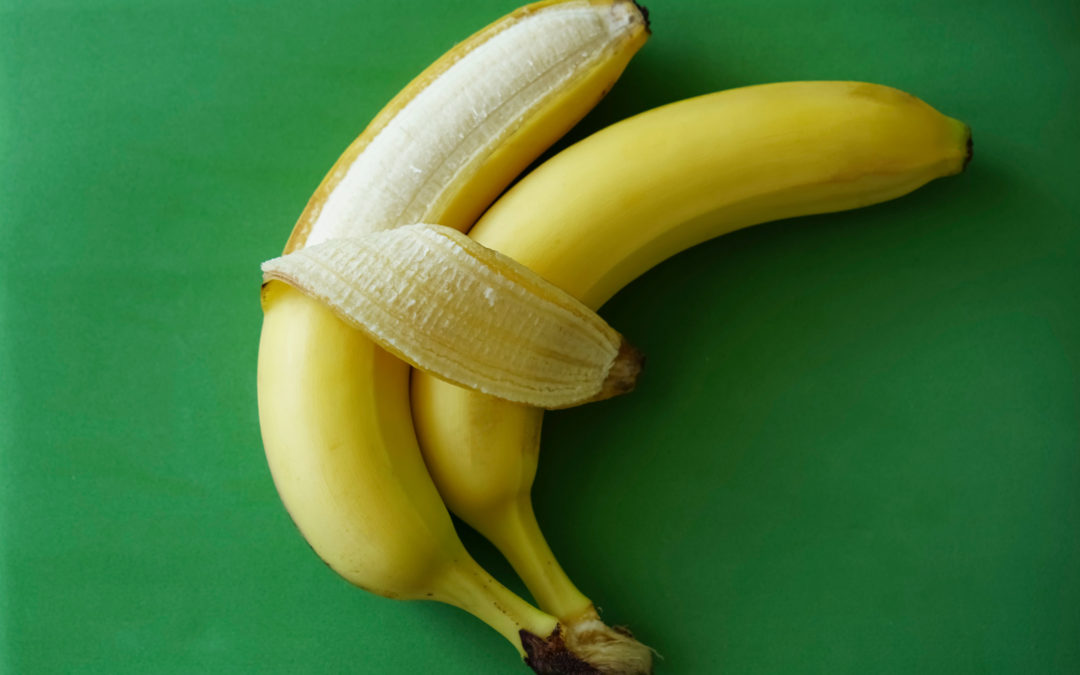If you want to reverse your diabetes and reach your ideal weight for the rest of your life, your relationship with food will need to change.
I recently heard someone describe her relationship with food like this:
It’s like loving the man who beats you.
She often feels out of control with food. She deeply desires food that she knows is harming her. It feels like self-destruction. She has so much shame around it.
How is your relationship with food? If you were to describe it like a romantic relationship, what is it like?
Is it a passionate love affair with frequent break ups and make ups?
Is it a secret relationship that you hide from others in your life?
Is it a distant longing filled with self-denial?
Is it your main squeeze? Your go-to for a pleasurable tryst that you will later regret?
Is it a constant distraction or even an obsession?
Does it comfort you when you’re down or lonely?
So interesting to think about it this way, isn’t it?
After most of my adult life struggling with overeating, I know what this is like.
I still have desire for food and receive pleasure from food. That’s simply because I have a human brain that is wired to seek pleasure.
But when I describe my relationship with food now that I am in control of it, it sounds more like this:
I know what I want in our relationship, and I’m committed to it.
It’s always there for me whenever I need it, so I don’t think about it all the time.
When we come together, I receive nourishment and satisfaction.
Sometimes it’s my favorite, familiar experience, and sometimes it’s fun and adventurous.
It’s is my steady partner. I trust it to help me live a full and healthy life.
Sometimes we disagree on what is best for me, but we always work things out.
It is actually quite revealing to describe it this way. I recommend you do it. Why?
It will inform you of whether or not you are delegating responsibility for your emotional life to food. To something outside of you.
You know this is becoming a problem when you are solving for an unpleasant feeling with food (like boredom, deprivation, or stress), while creating an even bigger problem for yourself as a result.
Is your relationship with food healthy or unhealthy? Why?
How do you want it to be?
The path to get from here to there is all in your mind. And it’s in all those small decisions you are making several times a day around food.
The first step to changing your relationship with food is awareness. Anytime you eat when you are not hungry, ask yourself: “What problem is this food solving for me right now?”
Changing your relationship with food in a healthy way really happens when you connect with yourself. When you see what is happening in your mind that leads you to decide to eat.
Then you learn how to experience your life without solving for it with food.
How?
- You find other ways to experience pleasure
- You just learn the skill of how to feel your feelings until they pass
- You find the thought that is causing the unpleasant feeling and resolve that
- You create a life and body that satisfies you on a level that food cannot compete with
But you will never learn to do any of these things if you continue to use food to distract and avoid.
Is this your biggest obstacle? It usually is, my friend. ALL my clients need help with overeating. Even those that don’t think of themselves as an emotional eater. If you’re eating when you’re not hungry even though you know it’s the wrong choice, you are an emotional eater.
I can show you how to connect to yourself and give yourself what you really need that isn’t the food. When you do this, you stop depending on food to feel better.
Curious if this could be the thing you’ve been missing all along?
Reach out here to find out more:


